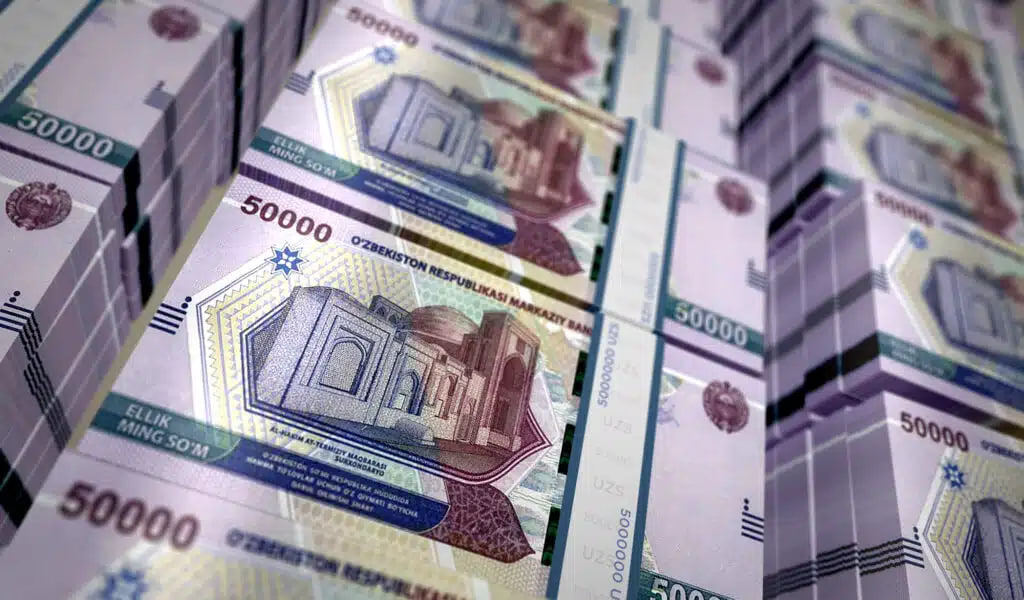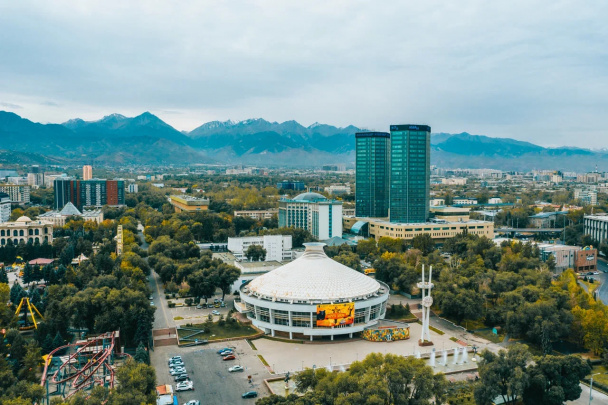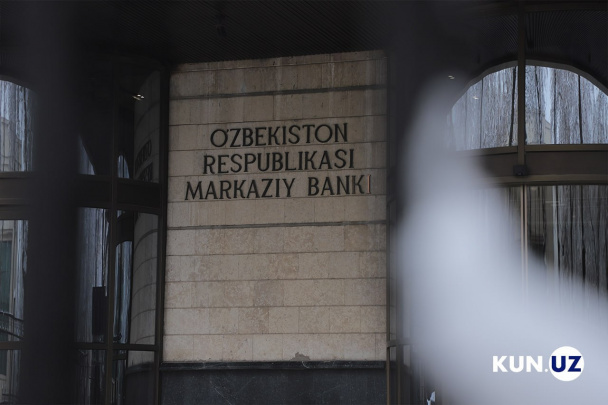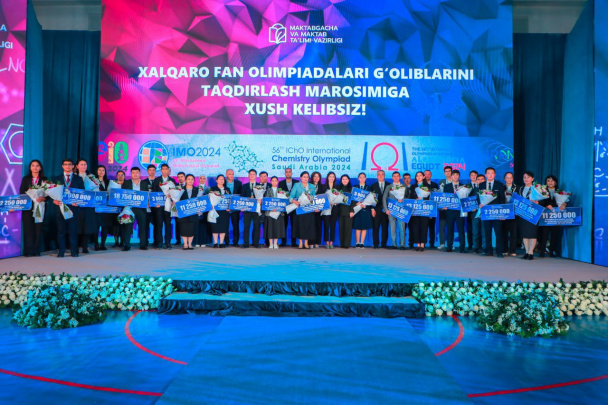Uzbekistan’s 2025 budget prioritizes education, infrastructure, and social spending
Uzbekistan's draft state budget for 2025, now open for public review, reveals plans to focus on economic growth, infrastructure, and social sector enhancements. The budget anticipates a 6% GDP growth rate alongside an inflation rate hovering around 7%, with the state aiming to maintain the budget deficit at 49.3 trillion UZS, or 3% of GDP.

Photo: stock.adobe.com
Budget Allocations and Key Priorities
The draft legislation, titled “On the State Budget of the Republic of Uzbekistan for 2025,” outlines revenue of 308.5 trillion UZS against expenses of 290.2 trillion UZS, excluding inter-budgetary transfers. Key allocations demonstrate an emphasis on educational and social services, with the Ministry of Preschool and School Education receiving a significant increase to 59.46 trillion UZS, up from 46.6 trillion UZS. This aligns with Uzbekistan's recent focus on developing education systems to meet growing demand.
While the Ministry of Energy and Ministry of Poverty Reduction and Employment will receive lower allocations than in 2024, the government aims to prioritize high-impact sectors. Other notable funding increases include the Religious Affairs Committee, slated for 163.7 billion UZS — a substantial rise compared to its 42.1 billion UZS in the previous year — indicating efforts to enhance religious and cultural engagement. The National Broadcasting Corporation (MTRK) is also set to see a rise to 881.3 billion UZS, reflecting the government’s commitment to media development.
Debt Management and Economic Forecast
The proposed budget also includes provisions for international borrowing, capping the amount at $5.5 billion. Of this, $3 billion will support the state budget, while $2.5 billion is earmarked for investment projects. Additionally, the government plans to issue 30 trillion UZS in government securities, aiming to attract further investments into the economy.
The GDP is projected to exceed 1.63 quadrillion UZS, with forecasted growth rates of 6.1% in 2026 and 6.3% in 2027. This forward-looking economic framework underscores Uzbekistan’s ambitions to sustain and build upon its current growth trajectory.
Major Beneficiaries and Strategic Allocations
The Ministry of Health is set to receive 5.09 trillion UZS, while the Ministry of Higher Education, Science, and Innovation is allocated 6.27 trillion UZS, both receiving slight increases over last year.
Meanwhile, spending on environmental protection will be 927.1 billion UZS, as the government continues efforts to address climate change impacts.
A significant portion of the budget is allocated to the Ministry of Economy and Finance, which will receive 95.91 trillion UZS. This will cover extensive social programs, debt servicing, and other expenditures central to national development. Additionally, the Digital Technologies Ministry is slated for 532.4 billion UZS, a notable increase as Uzbekistan bolsters its digital infrastructure.
Future Projections and Economic Objectives
In line with its medium-term economic plan, Uzbekistan anticipates steady GDP growth, supported by foreign investment and an expanding domestic market. The government’s budgetary focus on education, healthcare, and infrastructure reflects a strategy to foster sustainable development across sectors, despite slight reductions in specific allocations for ministries such as Sports and Energy.
Related News

18:11 / 27.05.2025
Global Cities Index 2025: How Central Asian capitals compare

22:19 / 26.05.2025
Over 455,000 students graduated from high school in Uzbekistan this year

15:53 / 26.05.2025
Central Bank raises inflation forecasts amid energy tariff hikes

16:44 / 24.05.2025




